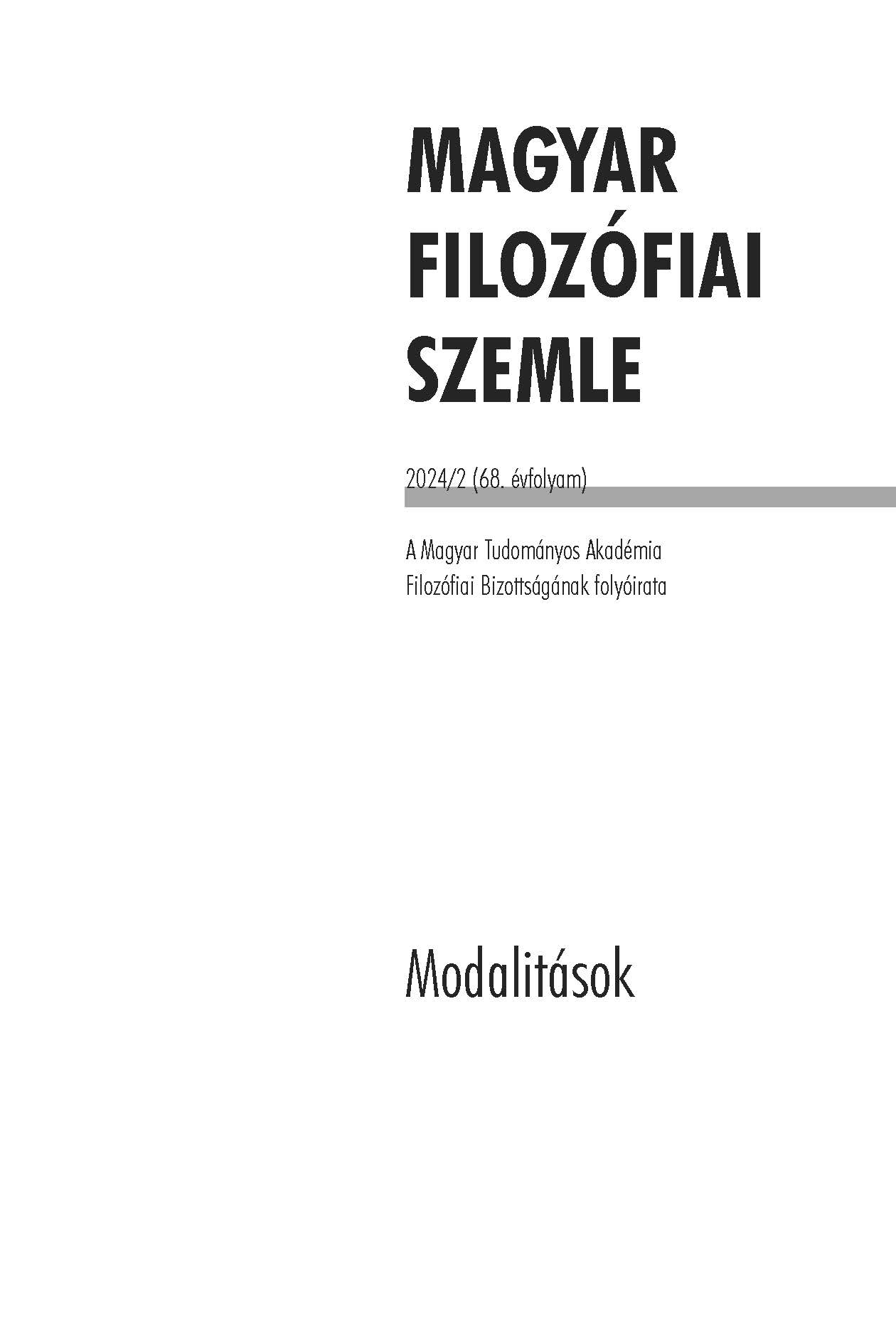Counterfactuals first, world dominance next?
Abstract
The paper discusses the „counterfactuals-first” approach (CF) to modality, which has been championed by Timothy Williamson. CF grounds modality, or at least its logic and epistemology, in counterfactual conditionals. As Williamson points out, judgments like “If the sugar cube were dropped in water, it would melt” are prior to modal metaphysics and they deeply permeate our everyday thinking. Using some fairly straightforward logical principles, counterfactuals give rise to a version of normal modal logic if we identify necessity with absolute counterfactual stability (Necessarily P ≡ Whatever were the case, P would be true). Since global scepticism about everyday counterfactual judgments seems unwarranted, CF undermines the objection, often voiced in connection with possible worlds, that metaphysical modality is epistemically inaccessible. I argue that despite its advantages in epistemology and logic, CF cannot easily replace worlds
in the metaphysics of modality, because it either presupposes worlds or it must make comparably costly ontological assumptions.



